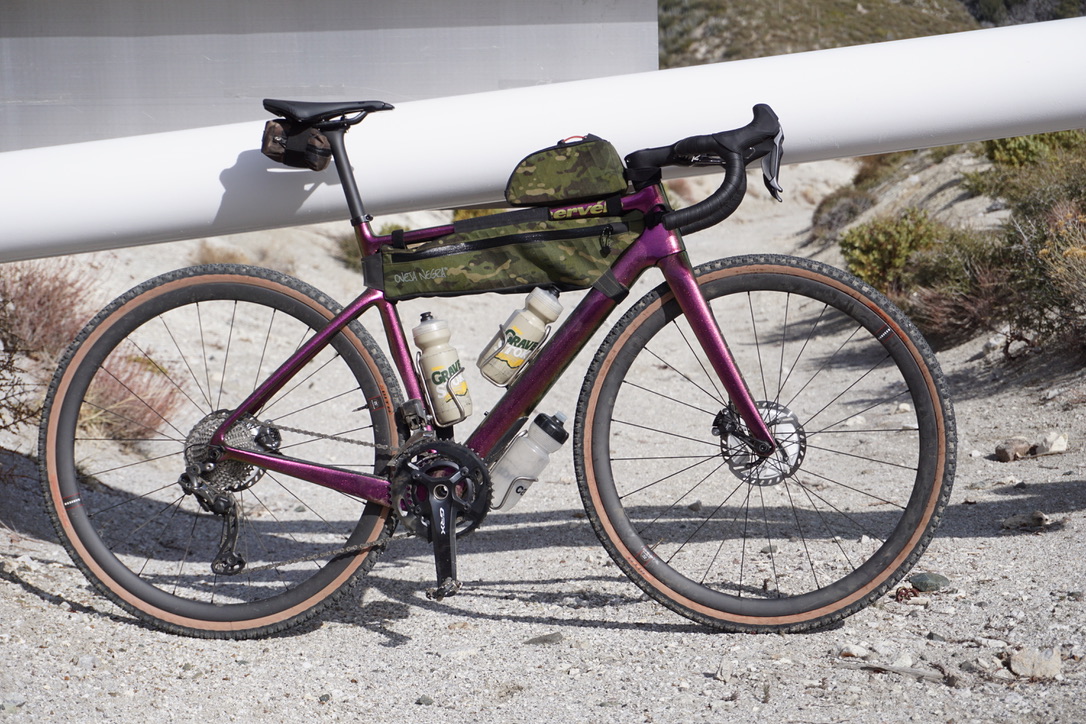Gravel bikes have been the wild west in terms of design the last few years. While some brands are starting to lean more towards racing, others are focusing on adventure riding. With races like Unbound Gravel and Belgian Waffle Ride drawing more riders, more gravel race bikes are starting to emerge for these big single day events. Cervelo is a company rooted in high-performance and aerodynamics, so naturally they would go all-in on designing the fastest gravel bike possible. The Aspero-5 is their newest addition to the gravel world with an ethos centered around going fast.
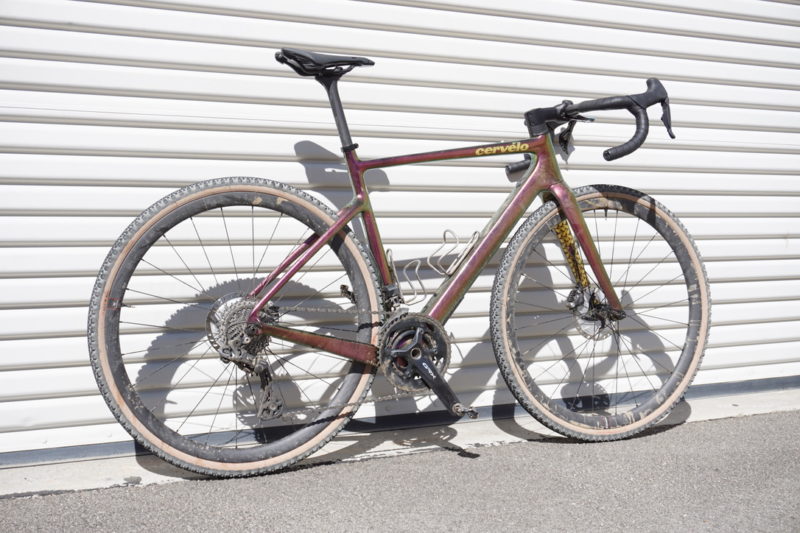
The Tech
There’s a fair amount of new tech with the Aspero-5 that piggybacks on the Caledonia-5, Cervelo’s latest road bike that launched this last summer. Similar to the Cal-5, the newest Aspero uses the same internal cable routing through the handlebars and stem. To accommodate the cables in the headtube, Cervelo uses a c-shaped steertube where the brake hoses and in my case, the Di2 wiring are all kept tucked out of sight and out of mind. The only hint of the wiring or hoses are subtle. Cervelo put aerodynamics as one of the most critical parts of the new Aspero 5’s design, focusing on Mid-West style gravel where the miles are wide open and the headwinds are strong.
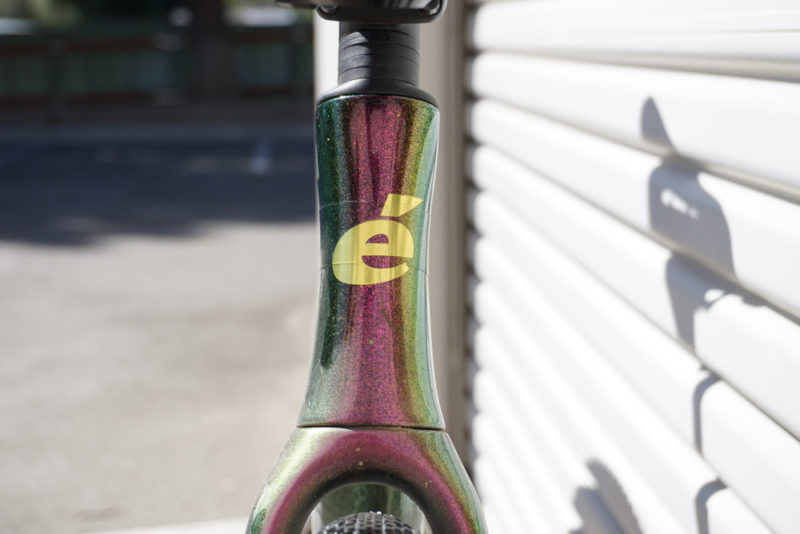
Cervelo claims the combination of tube shapes and integrated cables saves 32-grams of drag over the regular Aspero. This all new Aspero-5 has the same frame stiffness but at 100-grams lighter than its sibling. As size 56cm A5 frame comes in at 990-grams, so Cervelo doesn’t overload the frame with mounting options. There is room for two bottle cages in the main frame and one on the underside of the downtube along with bolts for a toptube snack bag. You won’t find any fork mounts on this race-dedicated bike. Rounding out the frame design is a 27.2mm seatpost to give the bike as much compliance without compromising on frame stiffness and Cervelo’s traditional BBright bottom bracket.
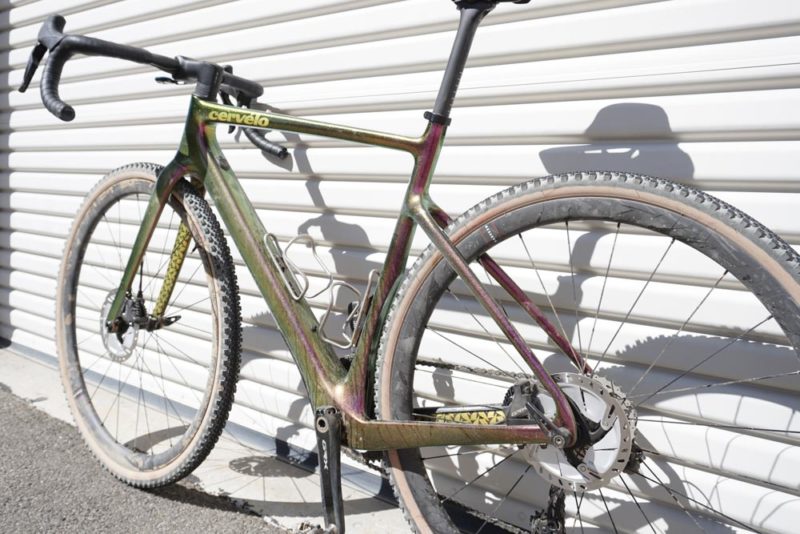
A big part of the Aspero launch two years ago was the frame geometry and Cervelo’s approach to giving riders more trail measurement. At the heart of this is the Trail-Mixer flip chip built into the fork dropouts giving riders the ability to swap between 46 and 51-millimeter offsets. The shorter offering more stability at higher-speeds and less twitchy handling at lower speeds (or slower handling at lower speeds).
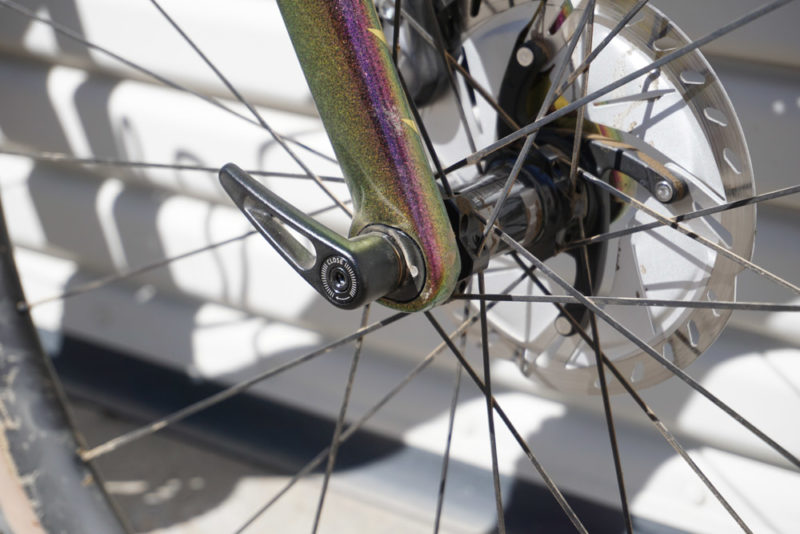
Fork offsets have been a hot conversation in the mountain bike world. In the last few years mountain bikes have opted for shorter fork offsets in relationship to longer reach numbers and slacker headtube angles. This hasn’t been lost on Cervelo. Cervelo positions the difference in offsets to keep the handling similar when swapping between 650b and 700c wheels (much like how shorter offsets started on mountain bikes). The frame has plenty of tire clearance with room to fit a 45mm tire on a 700c rim with 4mm of clearance on all sides. For 650b riders can get a 51mm tire in the frame with the same amount of clearance.
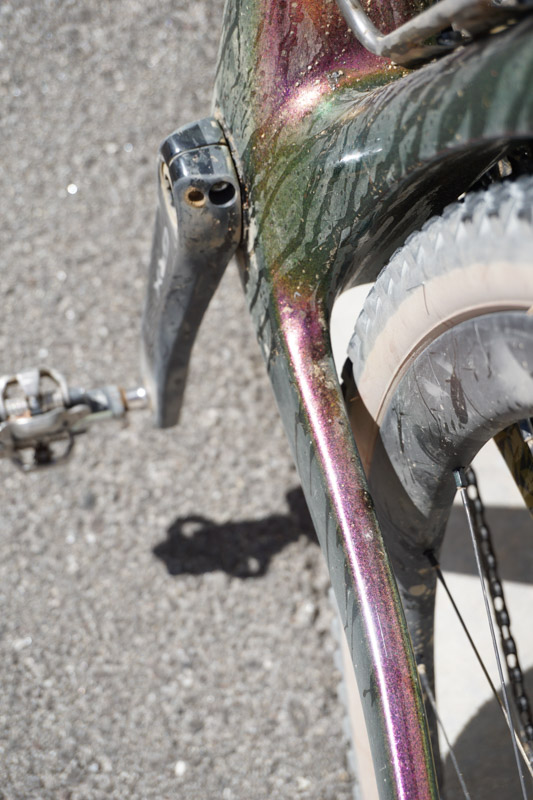
A few other odds and ends for the new A5 includes new carbon handlebar with 16-degrees of flare and grooves on the underside for the brake lines and Di2 wires. This is similar to the handlebar that comes stock on the Caledonia-5. The flare is on the more conservative side for a gravel handlebar but Cervelo didn’t want to go too extreme. The bar has 121mm of drop and will be available aftermarket in widths ranging from 38-44cm. Cervelo also includes hardware for an out front mount integrated into the stem and clamps for the seat rails to attach a light or camera.
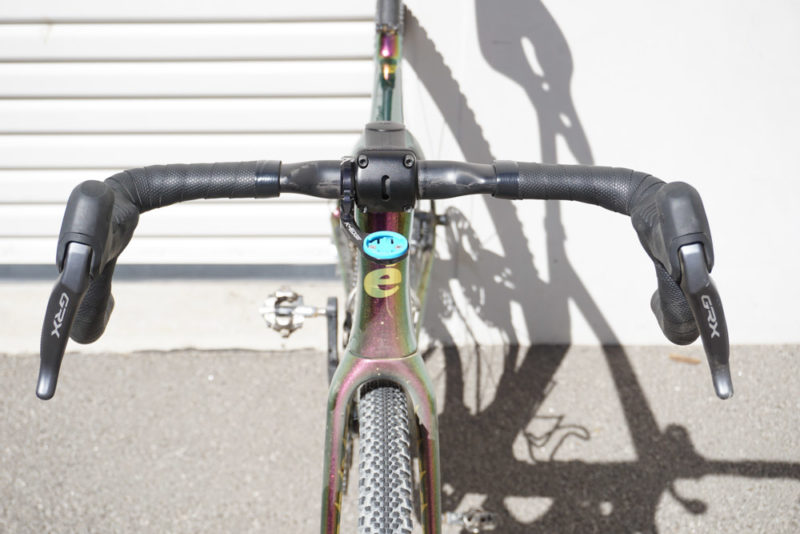
My test bike is second from the top of the line SRAM Red AXS bike, instead with a Shimano GRX Di2 build on a 2x setup. I had plenty of climbing gears with the 11-34 cassette and 48/31 chainrings. I prefer 1x setups on all my gravel bikes, but having a front derailleur was a nice change for a bit. Cervelo spec’d my bike with Reserve 32 carbon wheels on DT 350 hubs leaving me room to upgrade to the better ratchets down the road. My test bike comes in at $7,100 which is expensive but not overly so for how well equipped this bike is.
Fast and Precise
I had been riding the Aspero for a few months when I got the call to try out the new A5. I didn’t know much about it, other than it had some design elements that Cervelo “left on the table” when wrapping up the Aspero for its launch two years ago. I was more surprised that Cervelo had a bike to send out, it’s no secret how hard it is to get bikes and related parts right now. A majority of my local gravel are a mix of OHV trails, fireroads, and of course, singletrack. The fire roads here are remote and graded about once a year or even less if there hasn’t been a fire in that respected area for a few seasons. All that to say the gravel riding here is rough, rutted, rocky and steep.
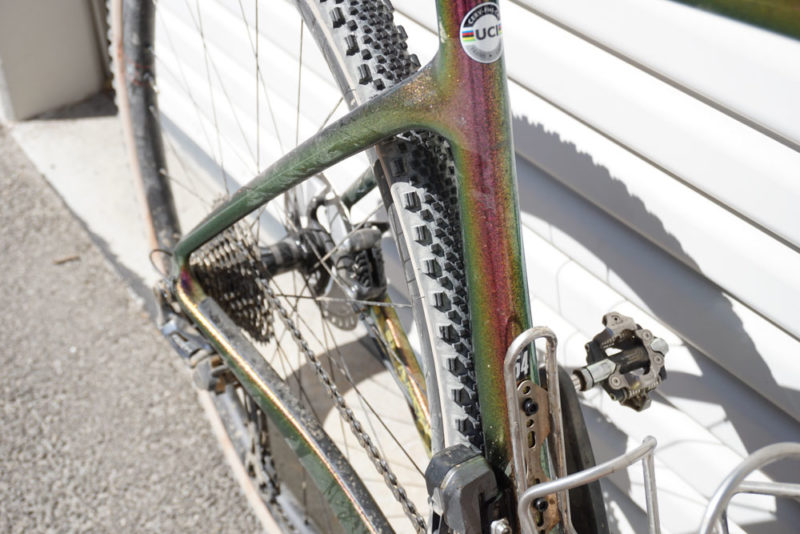
I could feel right away that the Aspero 5 was different and all business in some ways. My fit on the A5 was similar to how I run most of my gravel bikes with the stack height slightly taller to keep my hands higher when descending. Cervelo spec’d my bike with a 90mm stem and 42cm wide bars which felt comfortable, but long term I could see myself going with a 44cm bar for a little more leverage on the downhills. The frame geometry is on the more aggressive side but I never felt uncomfortable or stretched, even on longer 6-8 hour rides in the mountains.
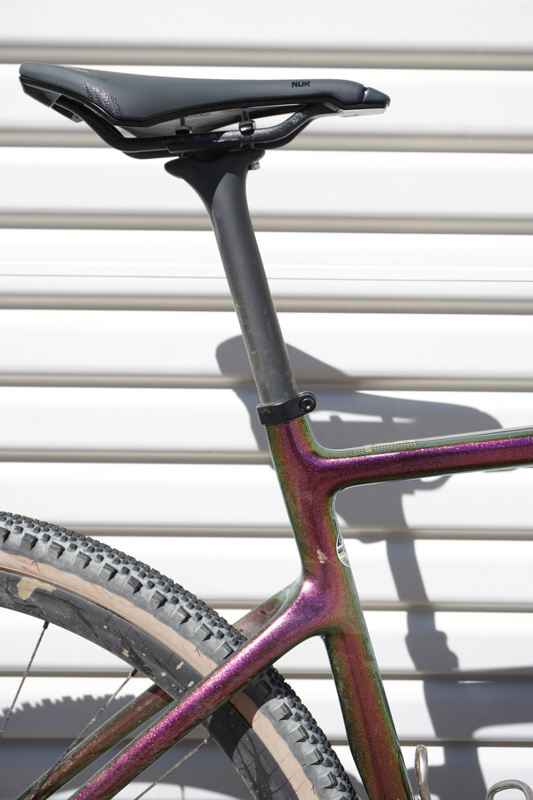
On the climbs the Aspero-5 was always eager to go as fast as possible. On seated climbs, the bike provided a comfortable position that left room for me to adjust my weight to get over steep pitches along the way. On technical climbing, the A5 was prone to being bounced around, especially at lower speeds where the bike couldn’t stay on top of rocks or other rough sections of road. That being said, the stiff frame did respond instantly when pushing the pedals out of the saddle. I wouldn’t say that the bike feels lightweight going up hill, but it the responsive ride always came through.
The A5 always felt fast, no matter what type of ride I was doing. On wide open fireroad descents the A5 felt most at home. Essentially the faster you push it, the better it feels skimming over ruts and rocks. The front end handling is precise and always did require a certain amount of attention when descending. The Aspero-5 felt most stable with the Trail-Mixer in the shorter 46mm offset, especially at higher speeds.The shorter wheelbase gave the A5 a nimble feel, especially in tight sections of trail or riding some of my local singletrack.
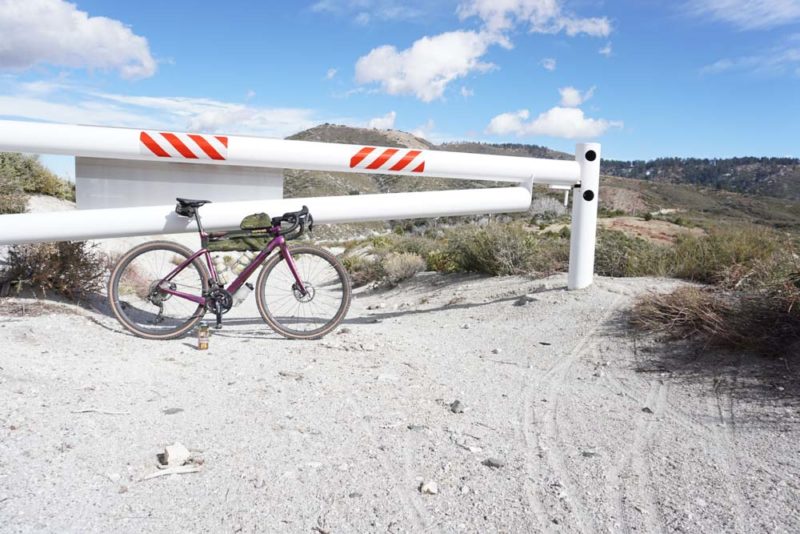
While I loved how stiff and responsive the frame was, the Aspero-5 is definitely not the smoothest riding gravel bike I have ridden. Granted, gravel is rough no matter what, and to a certain degree I believe if a smooth ride is most important to you, a mountain bike is probably a better choice instead of a gravel bike. But Cervelo didn’t design the Aspero-5 to be a magic carpet ride, they wanted to create a fast race bike. The Aspero-5 is just that.
Overall the build spec on my test bike was solid for what Cervelo intended it for. I have never been a fan of the Panaracer Gravelking tires though and swapped those out for a more capable pair of WTB Raddlers which I used for the entirety of my testing. Tire choice is subjective, but going with a slightly more aggressive tread gave me more confidence on the descents without compromising on pedaling efficiency. If you are between sizes I would recommend going up in size to benefit from a slightly longer wheelbase, especially if your local gravel is filled with rougher roads.
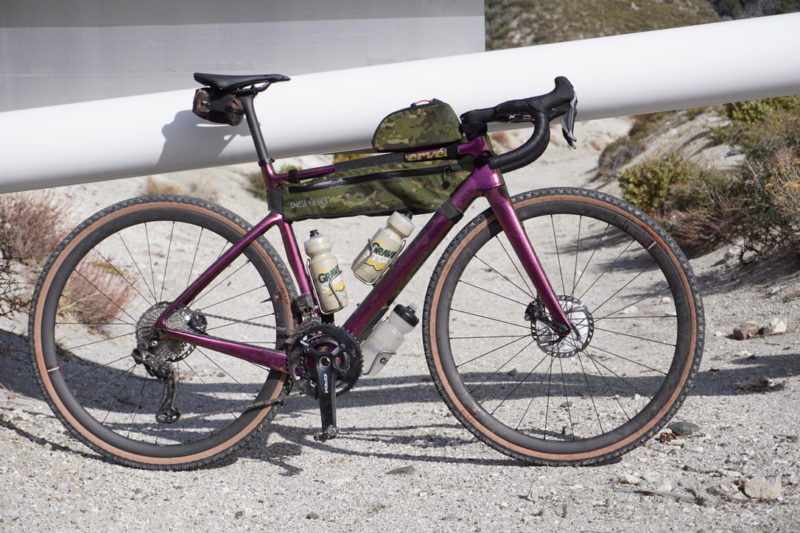
The Aspero-5 is stiff, fast and committed and is a one bike quiver killer for those you want to ride dirt and road without too much compromise. If you are looking for a race bike for your local gravel events the Aspero-5 will most likely be your fastest choice without an electric motor. If you’re looking for something for bigger adventure and backcountry rides, the Aspero-5 most likely won’t fit the bill. But either way this latest gravel bike from Cervelo is exactly what they intended it to be; simply fast.
